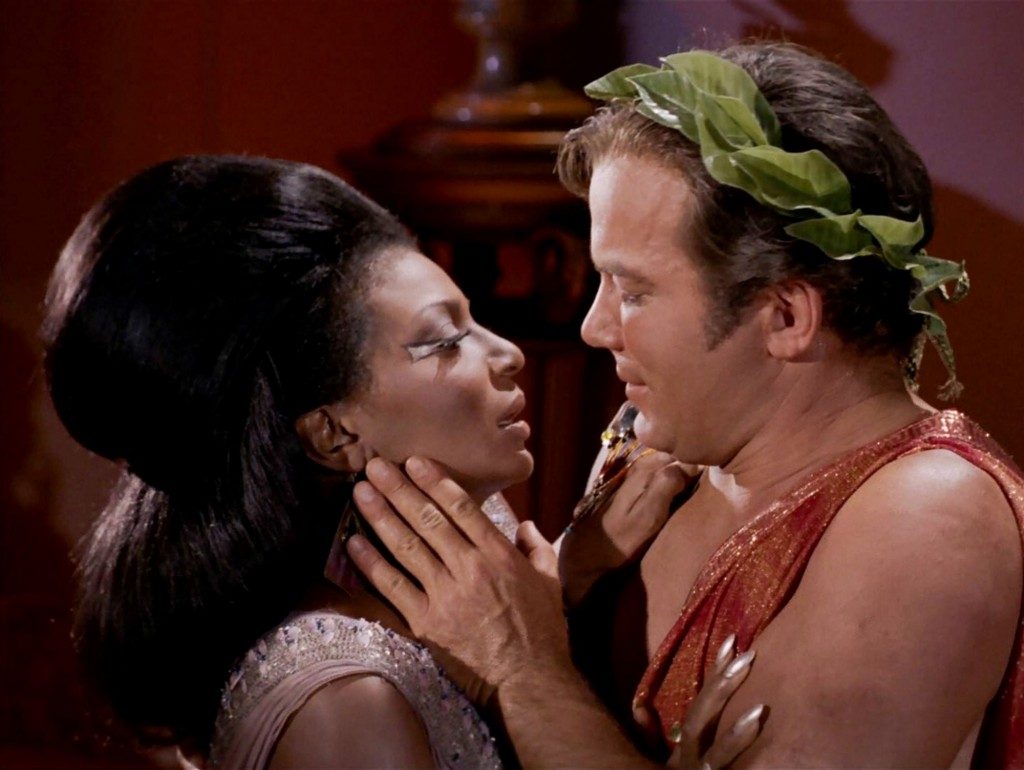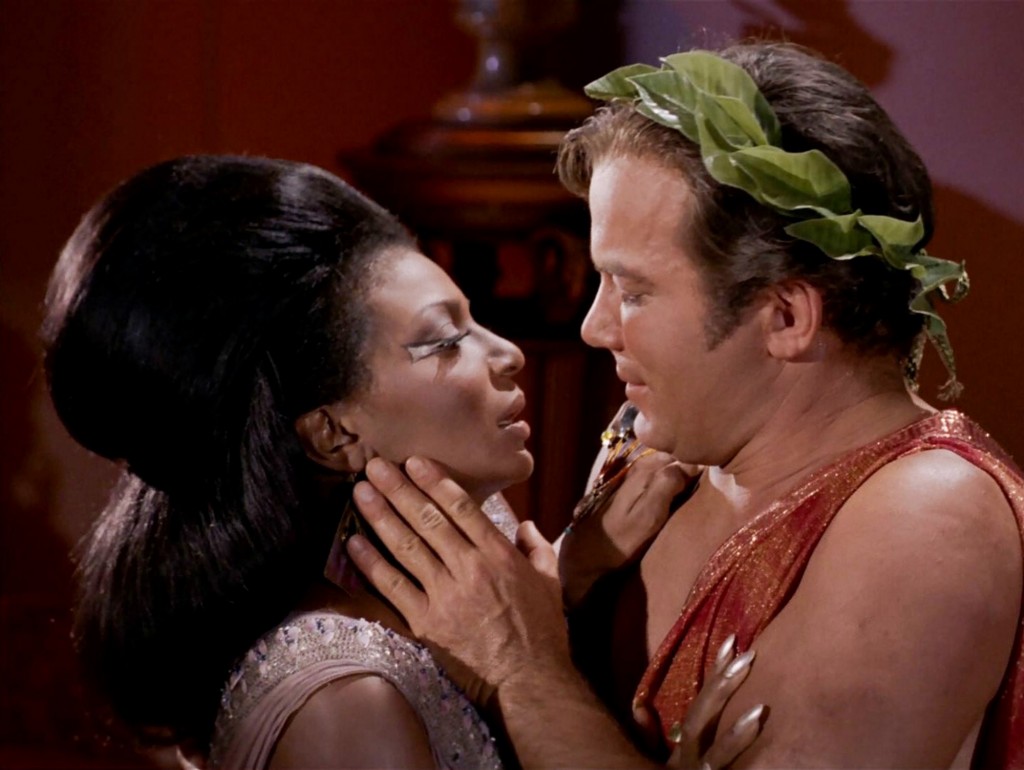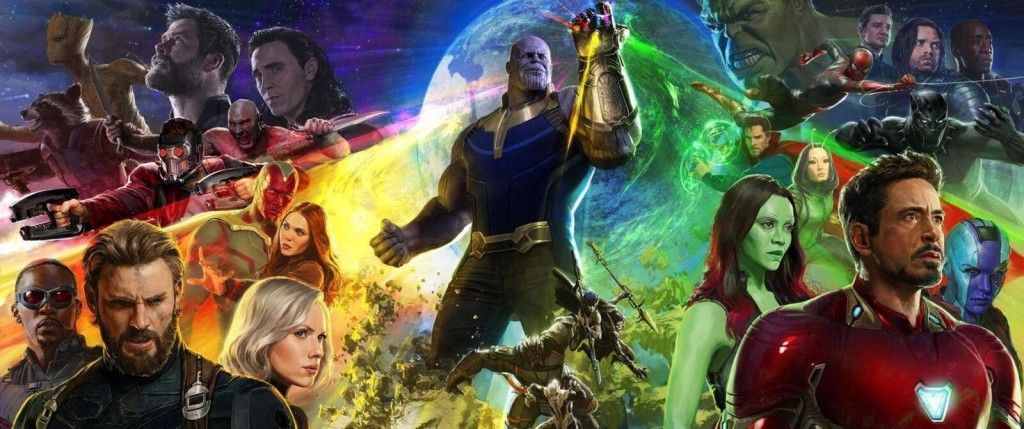
A franchise propelled by hope for humans
By Greg Waldock, Staff Writer
Things were hard in the Cold War, especially during the late 1960s. The threat of human extinction was, for the first time ever, a very real possibility. Americans were suddenly forced to confront the racism in their legal system and overhaul centuries-old social structures. A president had been shot in the past few years, along with most of his family. The environment was beginning to show signs of mass degradation.
In the midst of all this bleakness, people were finding hope in what science had revealed. This became the focus of one of the most influential TV shows of all time, and arguably the beginning of nerd culture: Star Trek.
The premise of the show is that, in the future, the human race has shed the need for war, money, or social hierarchy, and humanity has become a peaceful and progressive society devoted to science and exploration. Almost all countries unite under the Federation, which has tasked crews with exploring space. The goal of Captain James Kirk and his spaceship’s crew is to find new, advanced civilizations and share art and technology for the betterment of all. This show’s concept was unexpected and lighthearted at a time when humans were, in the real world, threatening each other with nuclear holocaust.
The real optimism shines through most in the cast. When it first began, Star Trek featured one of the most diverse casts of actors in any television show, and it repeatedly pushed the boundaries of what was acceptable for the time. Nichelle Nichols played Uhara, one of the first recurring black characters on a major network. They even had a prominent Russian character at a time when the Cuban Missile Crisis was still recent memory. One of the most famous examples of the commitment to portraying a truly post-racial society was having Kirk and Uhara kiss, the first-ever interracial kiss on camera. The studio was so reluctant to actually depict a real kiss that William Shatner and Nichols intentionally ruined every take other than the legitimate one, forcing them to air it.
The idea of human society eventually overcoming the bad parts of its nature, like racism and war, wasn’t new to science fiction, but it was new to a television audience. Star Trek wasn’t just advocating for a humanity that could cure diseases and explore the universe through science and technology, it was saying that, through science and technology, we can grow past the hate and tribalism and make something better. When the Civil Rights Movement and peace protests around the world were broadcast on television and the radio for everyone to be inspired by, it was a pretty hard idea to argue with.

